I am deploying a website on AWS. Everything works fine for HTTP and HTTPS. I am passing all requests to Daphne. However, incoming WebSocket connections are treated as HTTP requests by Django. I am guessing there is some header that isn't set in Nginx, but I have copied a lot of my Nginx config from tutorials. Nginx Config:
upstream django {
server 127.0.0.1:9000;
}
server {
listen 80;
server_name 18.130.130.126;
return 301 https://$host$request_uri;
}
server {
listen 443 ssl;
server_name 18.130.130.126;
ssl_certificate /etc/nginx/certificate/certificate.crt;
ssl_certificate_key /etc/nginx/certificate/private.key;
proxy_http_version 1.1;
proxy_set_header Upgrade $http_upgrade;
proxy_set_header Connection "upgrade";
proxy_redirect off;
proxy_set_header Host $host;
proxy_set_header X-Real-IP $remote_addr;
proxy_set_header X-Forwarded-For $proxy_add_x_forwarded_for;
proxy_set_header X-Forwarded-Host $server_name;
location / {
include proxy_params;
proxy_pass http://django;
}
}
Daphne is bonded to 0.0.0.0:9000. Channels have a very basic setup. A ProtocolTypeRouter, with AuthMiddlewareStack and then URLRouter, as shown on the Channels tutorial. And then a Consumer class. I am using Redis for the channel layer, but that doesn't seem to be a problem. This is some data about the request on response from fiddler. The request headers say Upgrade to WebSocket, but it returns a 404 HTTP request, as it doesn't see it as a WebSocket request.
Thanks for any help.